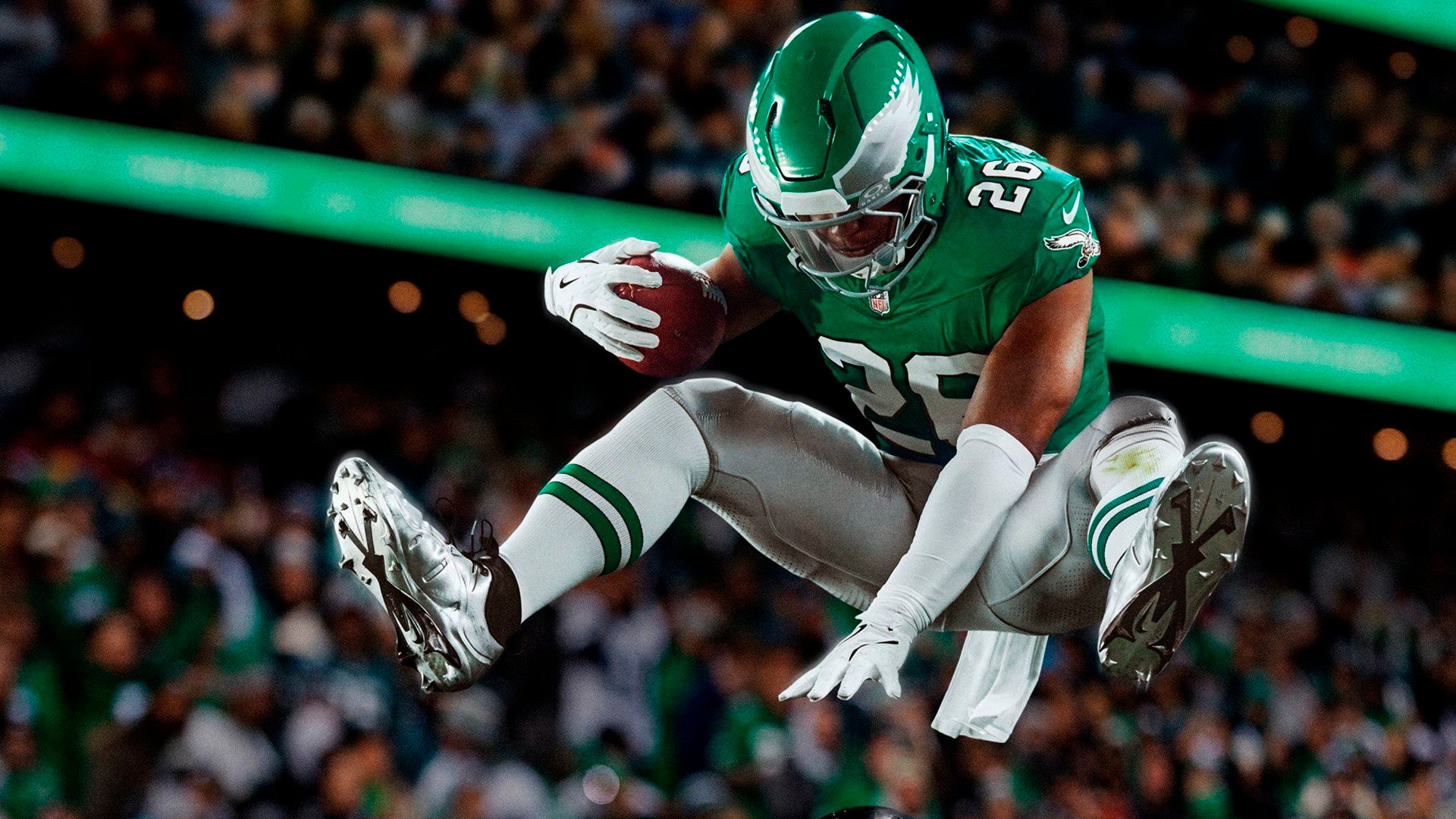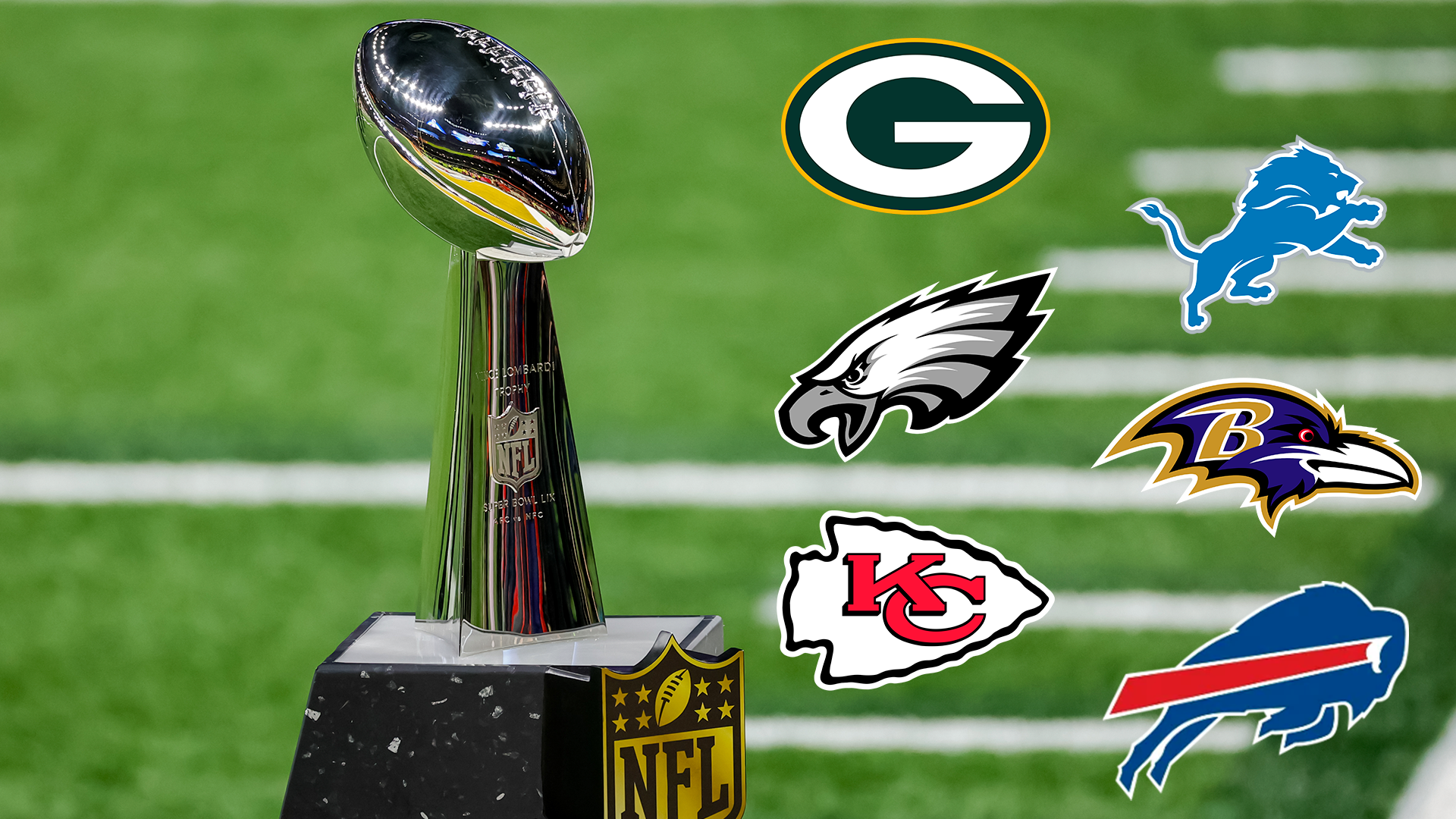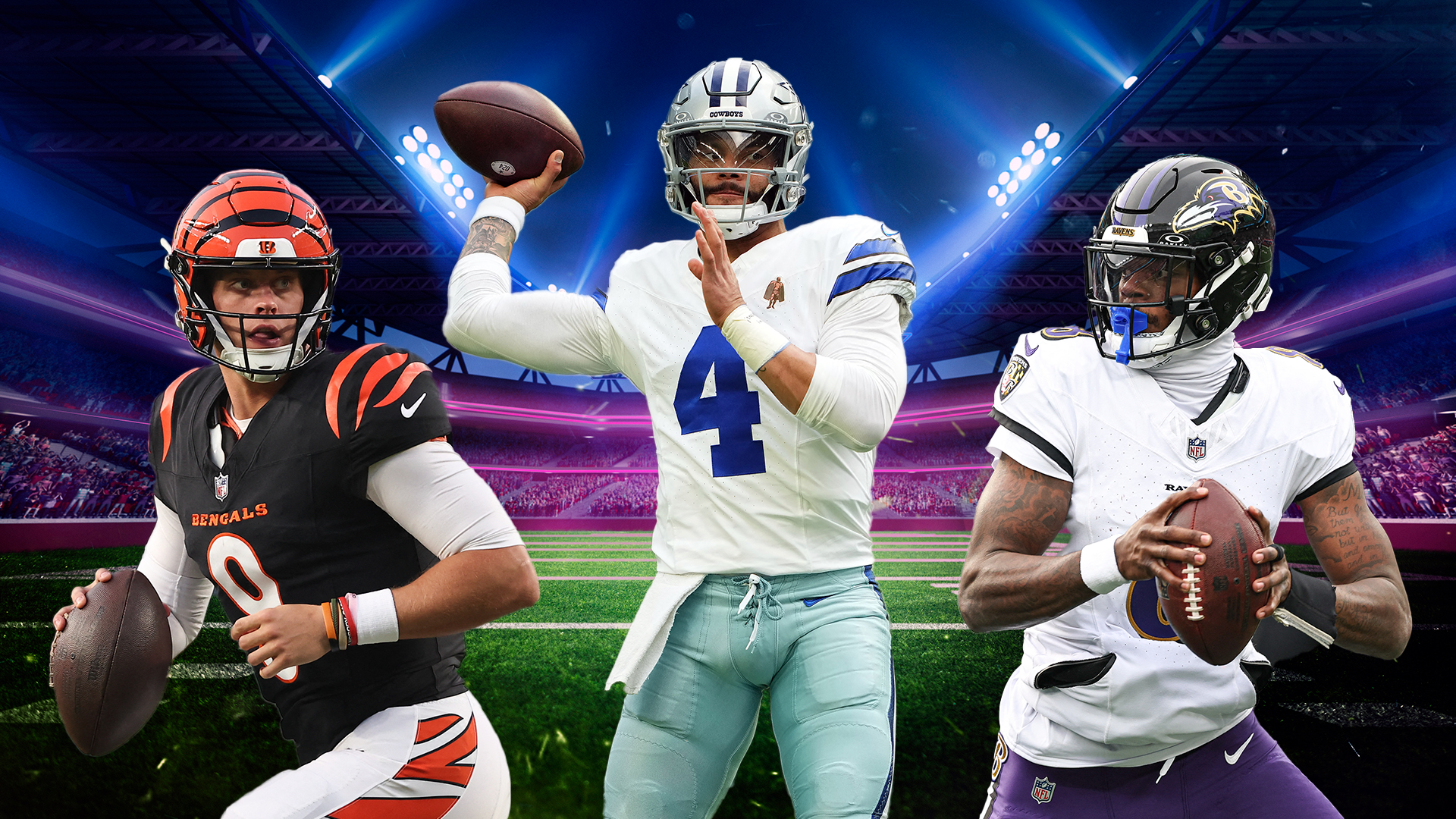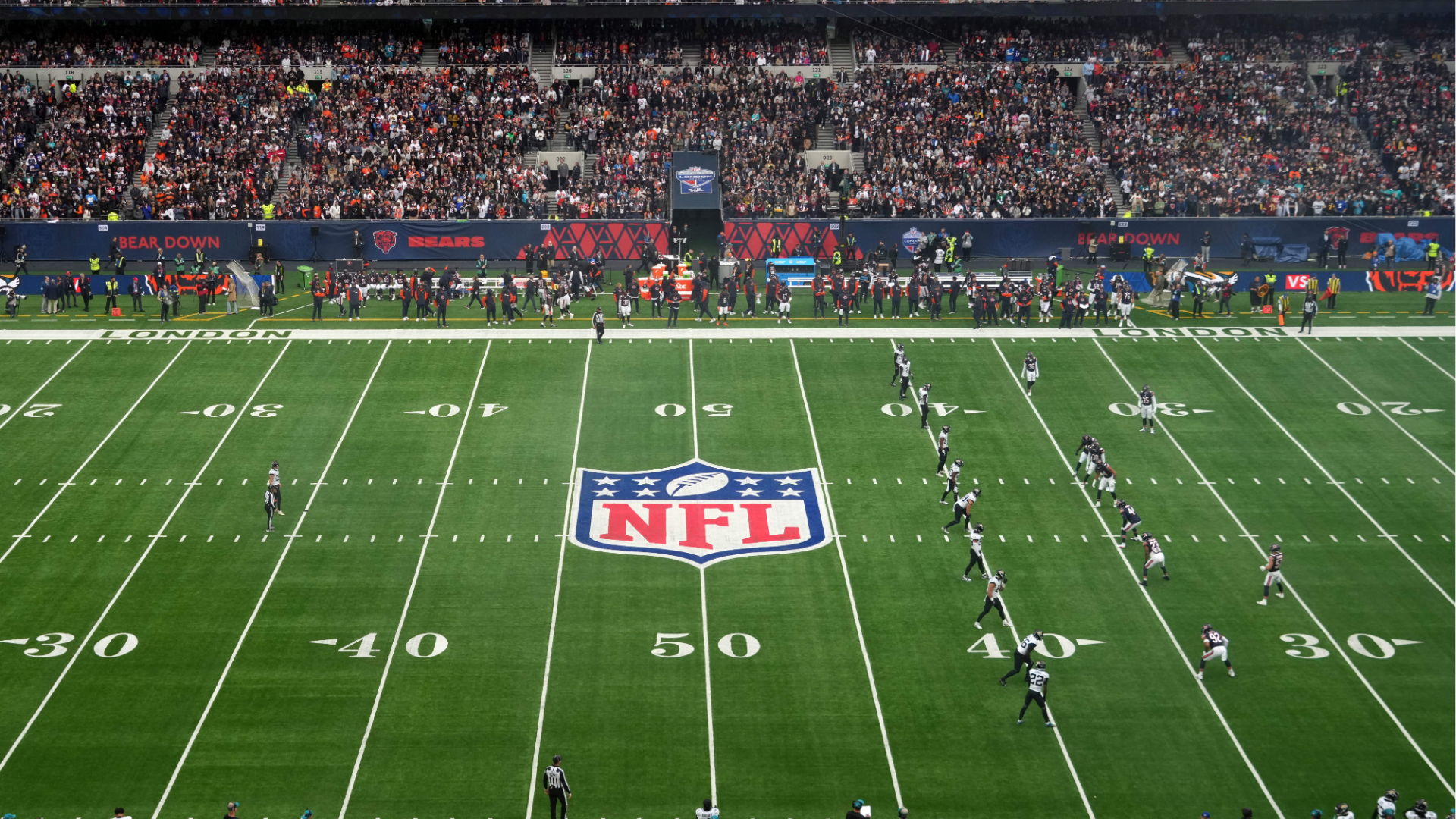Are NFL concussions to blame for Favre's Parkinson's?
Brett Favre, a football legend and Hall of Famer, recently revealed he’s battling Parkinson’s disease, sparking renewed discussions about the long-term effects of concussions on NFL players.
Throughout his career, Favre took countless hits to the head, admitting that he likely experienced over 1,000 concussions. This shocking number has led many to wonder if his current condition is linked to the repeated injuries he suffered during his playing days.
Speaking before the House Committee on Resources and Arbitration, the former quarterback also shared details about a failed investment in a company developing a new treatment for concussions. "I thought it would help others," Favre said, "but it’s too late for me." His words hinted at the toll the disease has taken on his life, and how his years on the field may have played a role in his health today.
What is Parkinson's?
Parkinson’s, a neurodegenerative disease that affects movement, doesn’t have a clear-cut cause. However, research has found a link between repeated head trauma, like the hits Favre endured during his 20 years in the NFL, and the development of neurological disorders. This connection has been explored in several contact sports, where concussions are common and can have serious long-term effects.
Concussions, caused by blows to the head or violent shaking, temporarily disrupt brain function, and repeated incidents can lead to chronic neurological issues. Favre, who played for teams like the Green Bay Packers and Minnesota Vikings, has been a vocal advocate for raising awareness about this growing problem in football. His case isn’t unique; other former players have reported similar issues after retirement.
The NFL has tried to address the concussion crisis by implementing stricter safety protocols, both in practice and during games. However, Favre’s diagnosis highlights that more needs to be done to protect players and manage the aftermath of these injuries.
Brett Favre’s announcement not only shines a light on the risks associated with high-contact sports but also raises important questions about how the league, medical authorities, and players themselves should handle the long-term impact of concussions. For many, Favre’s story is a stark reminder that the cost of success on the field can be much higher than anyone expected.





















